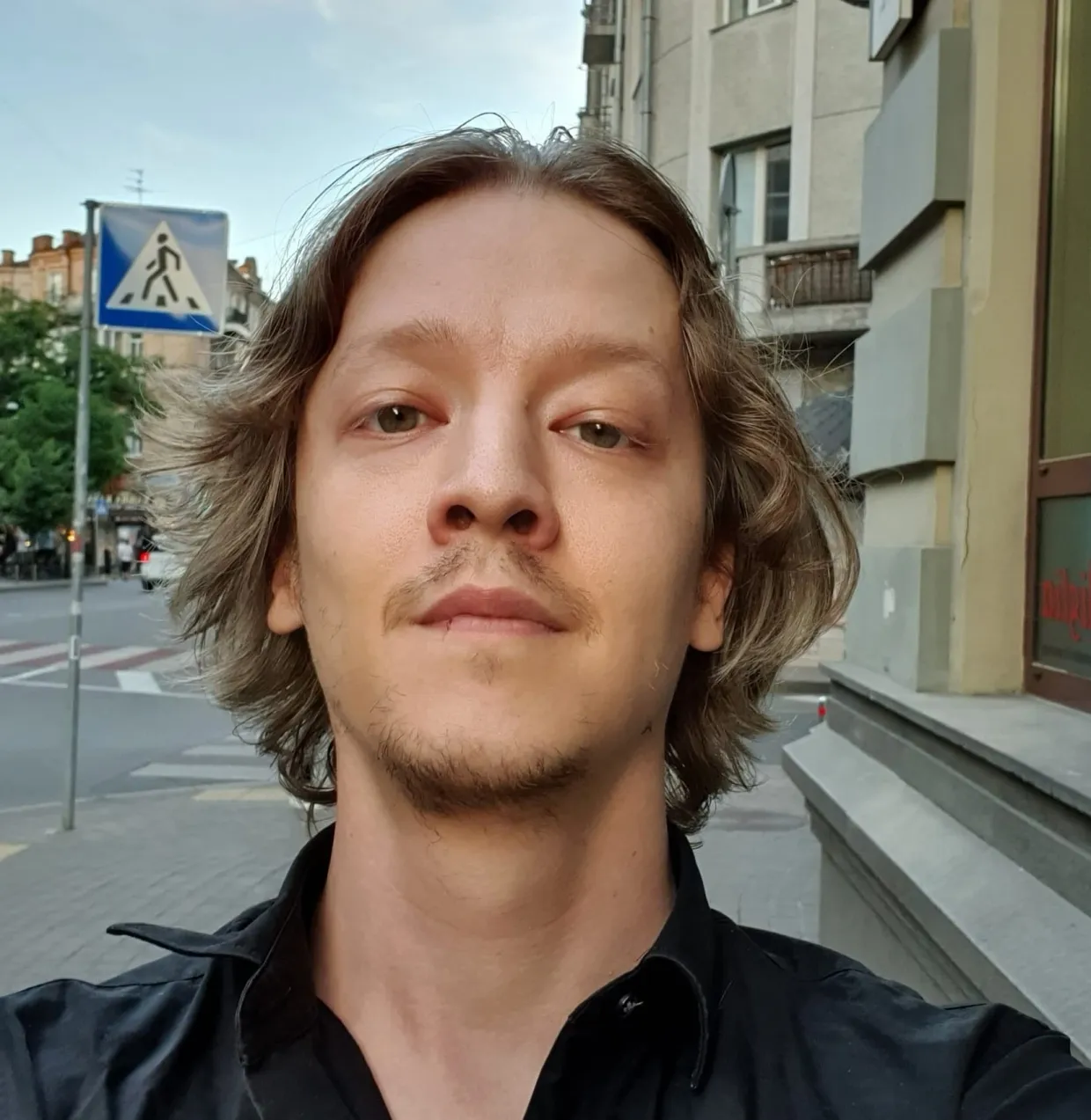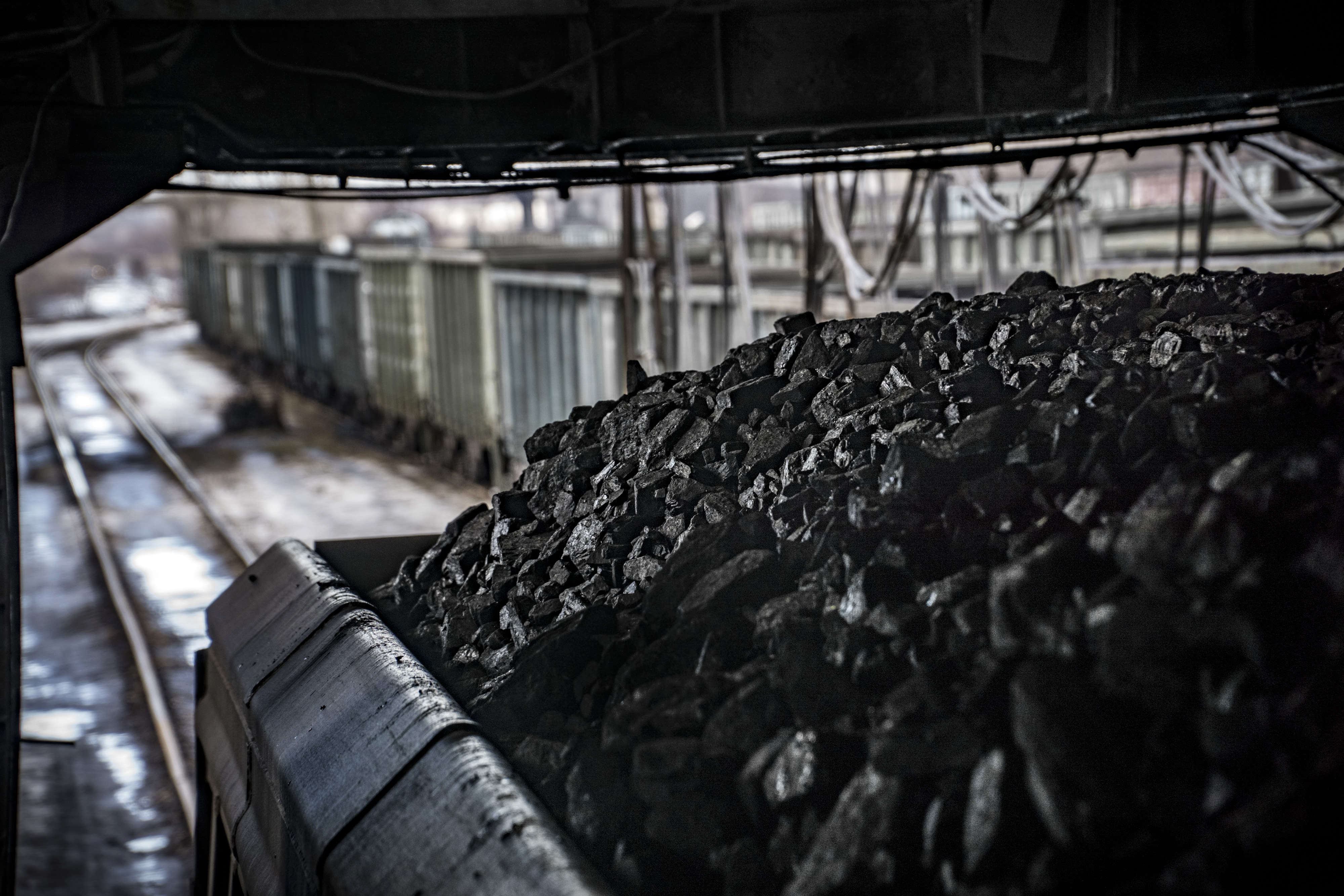The infamous “Rotterdam plus” case is being reopened by Ukraine’s new top anti-corruption prosecutor.
The case’s closure was “illegal and unfounded,” according to Oleksandr Klymenko, the new head of the Special Anticorruption Prosecutor’s Office (SAPO), appointed in July after the position was vacant for nearly two years.
Klymenko changed the group of prosecutors handling the case due to "insufficient oversight of compliance with the law during the pre-trial investigation."
The “Rotterdam plus” case, which has languished in limbo for years, centers around two questions.
First: Were energy consumers overcharged by Hr 39 billion on their energy bills between 2016 and 2019?
Second: Was there illegal collusion between energy regulators and DTEK, a giant Ukrainian energy corporation?
DTEK belongs to oligarch Rinat Akhmetov, who was the wealthiest Ukrainian in the world according to pre-war rankings. Since then, Ukraine’s billionaires, especially Akhmetov, lost significant assets in the eastern part of the country.
The company has consistently denied all alleged wrongdoing. Its detailed response to a Kyiv Post investigation on the subject can be found here. (Editor’s Note: The Kyiv Independent was founded in November 2021 by the former editorial team of the Kyiv Post, after its owner dismissed the entire newsroom).
The “Rotterdam plus” case is being investigated by the National Anti-Corruption Bureau of Ukraine (NABU) and overseen by SAPO.
NABU began the investigation in March 2017. By 2019, NABU detectives claimed they gathered enough evidence to go to court and had charges prepared for six suspects.
However, Vitaliy Ponomarenko, a prosecutor from SAPO, closed the case three times, saying it couldn’t be proven whether Ukrainian energy consumers sustained economic damage. NABU appealed each closure, temporarily resurrecting the case.
Ponomarenko last closed the case on April 9, 2021. The prosecutor general at the time, Iryna Venediktova, then replaced the leading prosecutor in the case. The new prosecutor decided to keep the case closed on May 5, 2021.
Now, Klymenko has once again brought the investigation back to life.
“The head of SAPO revealed numerous inconsistencies in the conclusions and arguments of the prosecutor during the closing of this case, the incompleteness of the investigation of the case materials by the prosecutor, the inconsistency of the prosecutor's conclusions with the actual circumstances of the criminal proceedings,” SAPO said in a statement on Sept. 22.
What is ‘Rotterdam plus’ anyway?
“Rotterdam plus” was a method that Ukraine used to set electricity prices from 2016 through the middle of 2019.
When Russia invaded Donetsk and Luhansk oblasts in 2014, Ukraine lost control of many coal mines in those regions. Coal is a big part of Ukraine’s total energy production and it looked to import.
Ukraine also had an obligation to the European Union to establish a transparent way to set electricity prices.
Ukrainian regulators came up with a pricing method — the so-called “Rotterdam plus formula.”
Why is it called “Rotterdam plus”? Because it was based on the average index price of coal in European coal hub cities (Amsterdam-Rotterdam-Antwerp, conventionally shortened to just “Rotterdam.”) It also contained the price of the coal’s delivery from Rotterdam to Ukraine — that’s the “plus” part of the name.
Coal prices would be reflected in consumers’ electricity bills, ensuring that coal costs were covered.
Import parity is a legitimate way to set prices. What got NABU interested was the “plus” part of the equation — the added costs of delivery. Only a small volume of coal was ever delivered to Ukraine from Rotterdam.
NABU said that energy consumers paid Hr 39 billion for deliveries that didn’t actually take place.
The formula’s detractors included civil society crusaders but also oligarchs whose industrial concerns consume huge volumes of electricity.
Additionally, NABU detectives said they found evidence that employees of DTEK and Ukraine’s energy regulator were hashing out the formula together before it was introduced.
DTEK had responded that as a major industry player, it participated in legitimate industry working groups with energy officials to come up with the best solution to a possible energy crisis and did not engage in any collusion with the regulator or any other state bodies.
In Ukraine, a case like this requires government-certified expert witnesses to determine economic damages. While detectives were able to get some estimates, other experts gave them the runaround, according to the 2020 investigation by the Kyiv Post. Analysts have told the Kyiv Post that many government-certified experts will say whatever the government tells them to say.
It remains to be seen if the “Rotterdam plus” case will get farther than it did in the past or if it will be closed once more.
When Klymenko was appointed the top anti-corruption prosecutor, members of civil society debated whether he would be tough and independent.
The Anti-Corruption Action Center and multiple other activists praised him. But some Kyiv Independent sources claimed that there were stronger candidates and that the selection process is fundamentally flawed.
To his credit, Klymenko has gotten multiple stalled cases moving again, as ANTAC’s Vitaliy Shabunin pointed out. This includes an investigation into oligarch Igor Kolomoisky and his company Ukrnafta, among others. Lawmaker Andriy Derkach was charged with treason and embezzlement.
"I don't doubt that we will see many good news from NABU/SAPO," Shabunin wrote.













